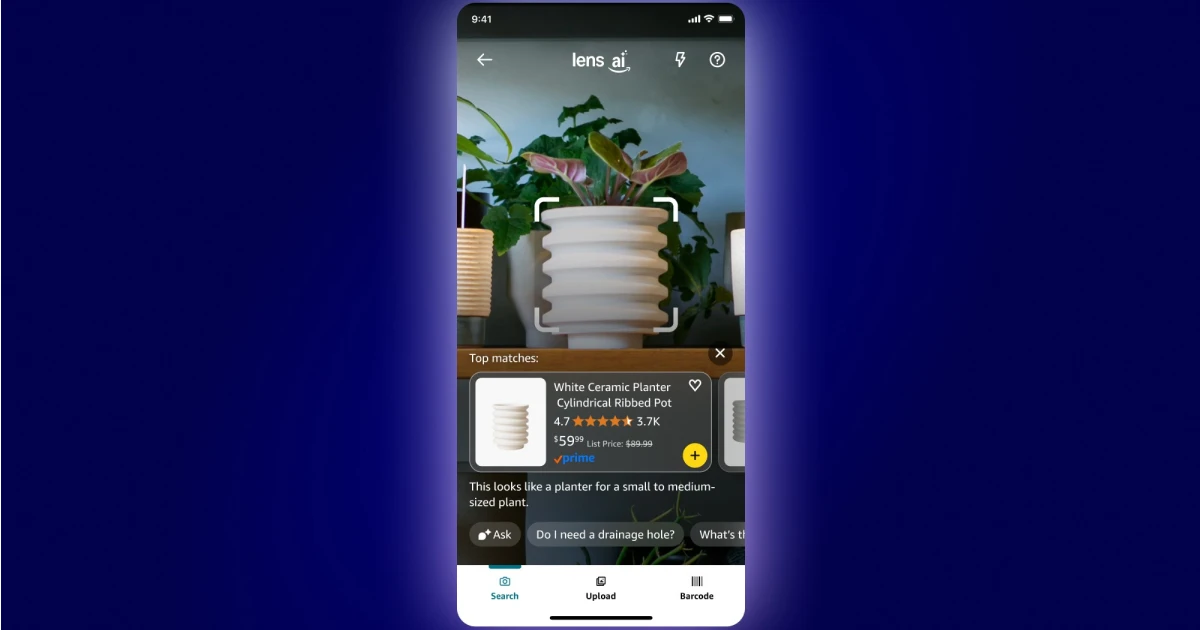Artificial Intelligence (AI) refers to the ability of machines to simulate human intelligence, to exhibit human capabilities such as thinking and learning. After processing a series of algorithms and learning from patterns, AI can perform tasks from simple to more complex. As AI software receives more data to analyze, it can improve its performance and get more accurate results.
IoT, short for Internet of Things, is a collection made up of multiple devices and software that are connected to each other and to the cloud. Simply put, IoT eases the communication between devices such as vehicles and electronics and the internet. IoT is the umbrella term that describes the exchange of data between devices that possess sensors or software through communication networks or the internet.
One of the most impressive and at the same time useful applications of AI and IoT is represented by wearables. The reason we’re saying this is because with the help of wearables tracking one’s health and habits is simple and efficient. AI and IoT-powered wearables such as smart bands and heart rate monitors can alert medical professionals or caregivers in case of abnormal bodily functions. This way interventions can happen faster or be avoided altogether.
Another application of AIoT involves manufacturing. With the help of this powerful duo, manufacturing processes can be optimized by using real-time insights into the factory operations. Some of these optimizations include supply chain, production, and warehouse management. Furthermore, AI software can analyze the data gathered from these IoT devices and come up with preventive measurements. This way the cost of possible errors is drastically reduced.
Also known as autonomous vehicles, self-driving cars such as Tesla need advanced technological support. They wouldn’t be able to function safely without AI’s predictive capacities. With each trip, autonomous vehicle software gathers more data that helps improve the driving experience.
AIoT can leave its mark on every household. As IoT facilitates the exchange between and collection of data from devices, AI can enable the control of appliances such as thermostats. Not only you will be able to check and manage the temperature from your phone, but you will also be able to set schedules in place.
A concern that arises from the collaboration between Artificial Intelligence and the Internet of Things is related to data privacy. IoT collects massive amounts of data that AI handles and processes. Without the right regulations in place, user information could be compromised. However, as time passes minor possible issues can be fixed. This duo is clearly here to stay – it might even become inseparable.





.webp)










